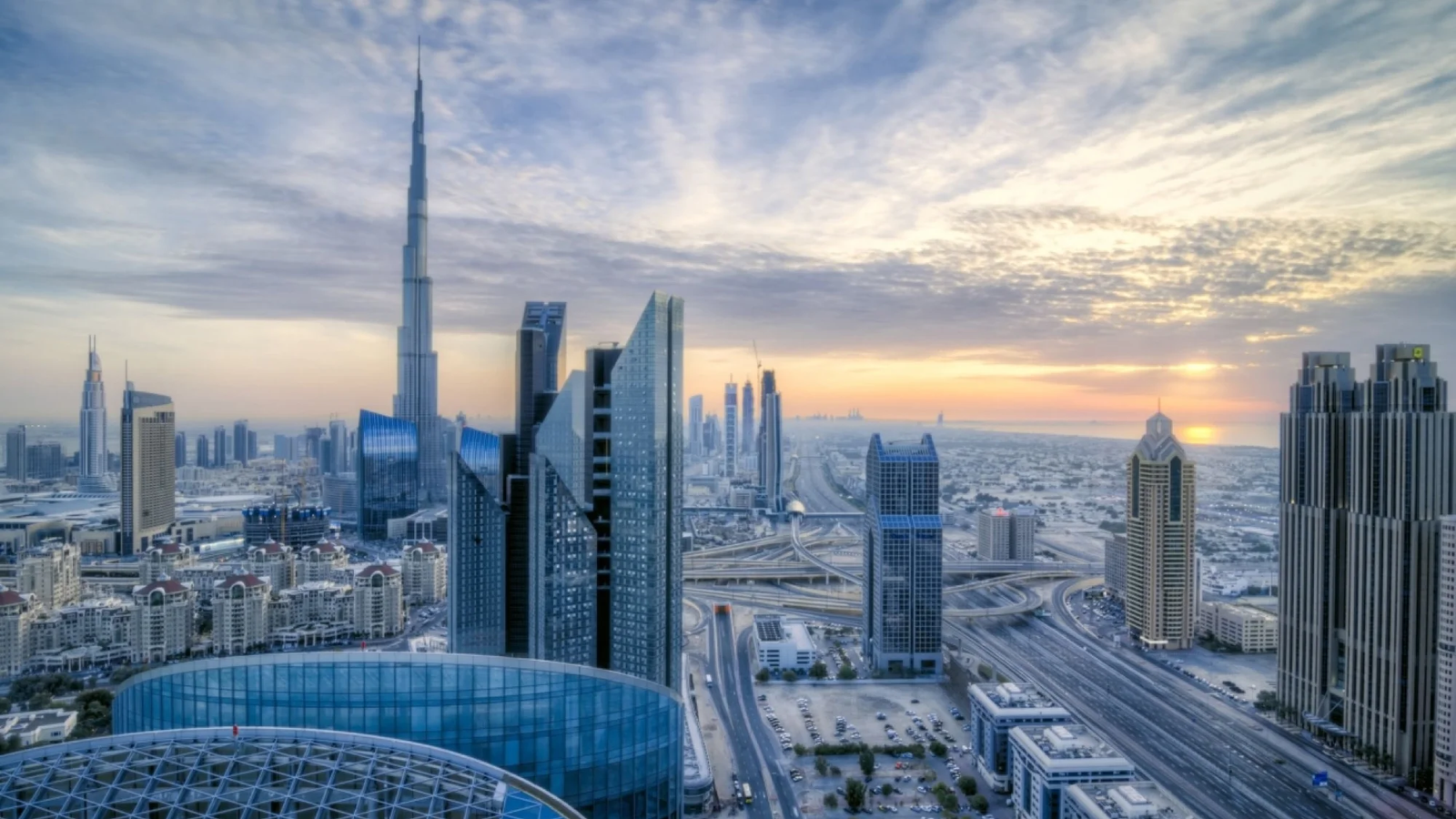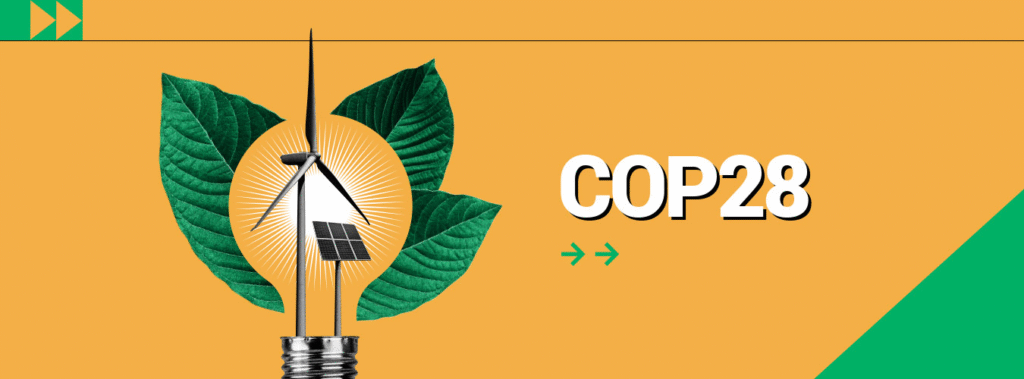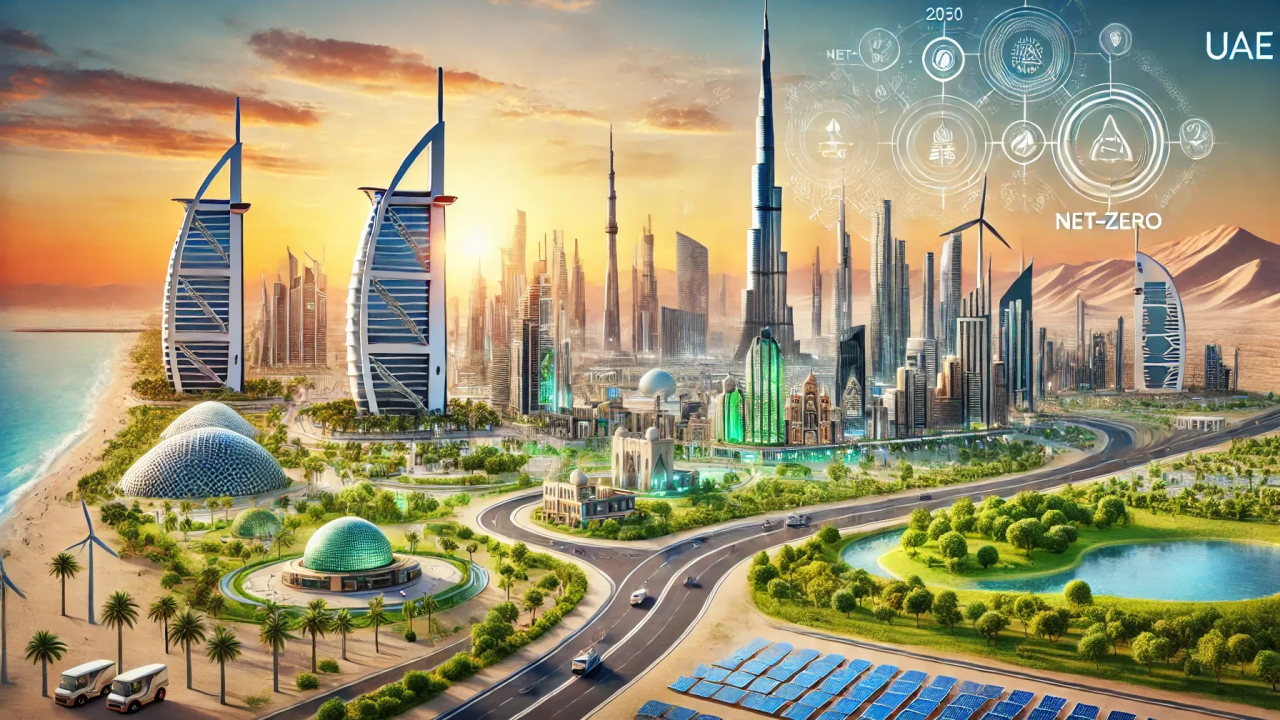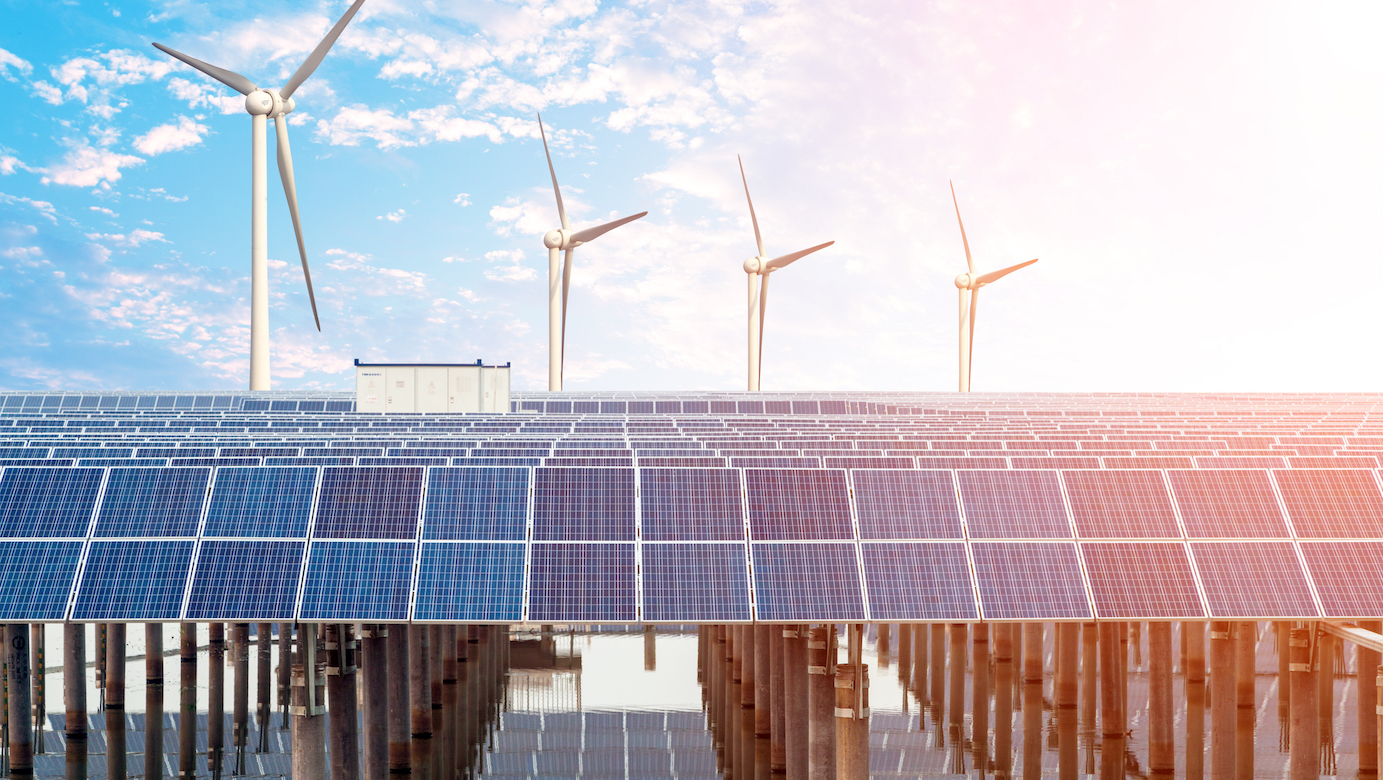Now Reading: COP28 Sets Bold Global Climate Agenda for Net Zero 2050
-
01
COP28 Sets Bold Global Climate Agenda for Net Zero 2050
COP28 Sets Bold Global Climate Agenda for Net Zero 2050

Table of Contents
nited Nations Climate Change Conference, known as COP28, has become one of the most important climate events in recent years. Held in Dubai, United Arab Emirates, COP28 brought together world leaders, policymakers, business executives, scientists, and activists to address one of humanity’s biggest challenges Global climate change.
This global conference served as a platform to review progress, set new goals, and ensure that the world stays on track to achieve net zero emissions by 2050. Unlike previous conferences, COP28 was not just about promises; it focused on clear strategies, financing, and accountability to meet the urgent need for climate action.
Why COP28 Matters More Than Ever
Climate change has moved beyond being an environmental issue. It is now directly linked to economies, human health, food security, and international stability. Rising temperatures, extreme weather events, and melting glaciers are already affecting millions of people worldwide.
At COP28, participants emphasized that the window of opportunity to limit global warming to 1.5°C above pre-industrial levels is closing fast. Without urgent action, the world risks devastating consequences, including rising sea levels, droughts, floods, and displacement of communities.
The urgency of the situation gave COP28 a sense of historic importance. Many described it as a “last chance” conference to ensure that commitments made under the Paris Agreement of 2015 are actually delivered.
Key Highlights from COP28

- Global Stocktake Results
One of the most significant elements of COP28 was the first-ever Global Stocktake. This is a formal process that reviews the progress countries have made since the Paris Agreement. The results showed that while some progress has been made, the world is still far from meeting its climate targets. The findings pushed leaders to commit to stronger action. - Fossil Fuel Transition Debate
Discussions around phasing down fossil fuels were among the most debated topics. While some countries pushed for a complete phase-out of coal, oil, and gas, others argued for a more gradual transition. A key outcome of COP28 was the agreement to triple renewable energy capacity by 2030 and double energy efficiency improvements globally. - Climate Finance Commitments
Financing remains one of the toughest challenges in climate negotiations. Developing countries have long demanded financial support from wealthier nations, who are historically responsible for most greenhouse gas emissions. At COP28, new pledges were announced for the Loss and Damage Fund, aimed at helping vulnerable nations recover from climate disasters. There were also commitments to scale up investments in clean energy and sustainable infrastructure. - Food and Agriculture on the Agenda
For the first time in COP history, food systems and agriculture received significant attention. Experts highlighted that the way the world produces and consumes food is a major contributor to emissions. Leaders pledged to support sustainable farming practices and reduce food waste. - Private Sector Engagement
COP28 witnessed strong participation from the business community. Major corporations announced net zero roadmaps and investment in renewable technologies. This reflects a growing recognition that the private sector plays a critical role in climate solutions.
UAE’s Role as Host Nation
As host, the United Arab Emirates (UAE) showcased both its challenges and leadership in the climate conversation. Being an oil-producing country, the UAE’s decision to host COP28 was seen as controversial by some. However, the nation used the opportunity to demonstrate its commitment to transitioning towards a clean energy future.
The UAE has already invested heavily in solar power, hydrogen projects, and carbon capture technologies. Hosting COP28 allowed the country to highlight its progress and encourage other nations to adopt ambitious climate goals.
The Human Side of COP28
Beyond policies and technical discussions, COP28 carried a strong human message. Activists, youth leaders, and indigenous communities played an important role in reminding delegates that climate change is about people’s lives and livelihoods.
Youth representatives pushed for greater accountability, asking leaders to move beyond speeches and deliver real change. Indigenous communities highlighted the need to protect forests and traditional knowledge that can help in conservation efforts.
Challenges That Remain

While COP28 delivered important agreements, the road ahead is not easy. Many challenges remain:
- Implementation Gap: Countries often make promises at COP conferences but struggle to follow through.
- Financing Issues: Developing nations still face difficulties in accessing funds for renewable projects.
- Geopolitical Tensions: Conflicts and economic competition between major powers can slow down global cooperation.
- Equity Concerns: Poorer nations argue that they face the biggest climate risks despite contributing the least to emissions.
Addressing these issues will require continuous global cooperation, transparency, and innovation.
Looking Ahead to a Greener Future
COP28 will be remembered as a milestone conference that raised ambition and introduced more accountability into climate action. Its success will ultimately depend on how countries, businesses, and communities translate commitments into action.
The fight against climate change requires collective effort. Governments must enforce policies, industries must innovate, and individuals must adopt sustainable practices. As the world leaves COP28 behind, the focus is now on implementation and delivery.
If the agreements are honored, COP28 could mark the beginning of a real global transformation towards a sustainable and resilient future. If not, the world risks facing more dangerous climate shocks in the coming decades.
Final Thoughts
COP28 showed that while challenges remain, there is also hope and determination. The conference made clear that climate action is no longer optional it is essential for the survival of our planet.
As the global community moves forward, the message from COP28 is clear: the time for promises is over, the time for action is now.
READ MORE:- Inside the World of Business Acquisitions: Secrets of Corporate Growth 2025



















